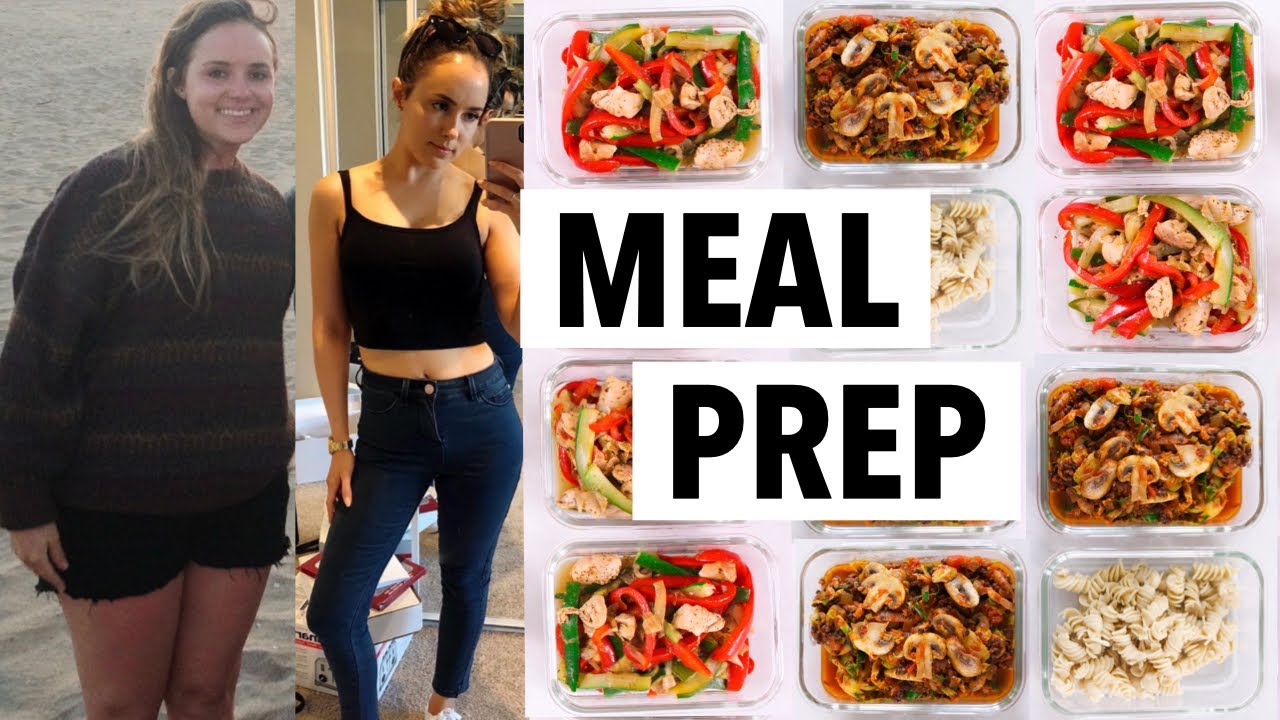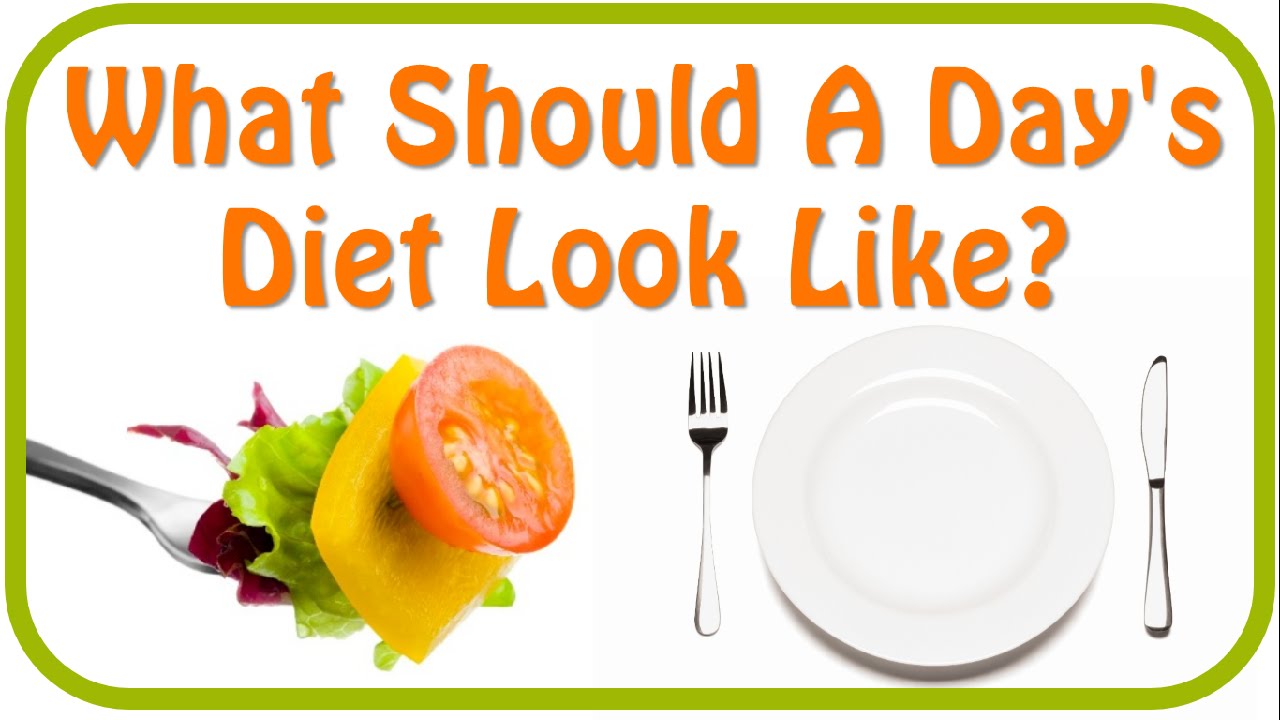
Our resting metabolism slows as we age. In this way, it is possible to lose weight in your 20s and 30, but not in your 30s. Insufficient sleep can cause your body to crave high-calorie, fatty foods. You may feel weak and less likely to exercise or lose weight if you don't get enough sleep. Here are some tips for losing weight in your twenties and thirties.
Metabolic Changes
You have already experienced puberty and growth spurts. Your metabolism hasn’t changed significantly, but your weight. Your body continues burning calories to build muscle, and strengthen your bones. Your weight loss goals may be more difficult than you thought possible in your 20s. There are many ways to reduce weight and maintain a healthy metabolic rate while you are young.
Your metabolism slows to approximately 2 percent per 10 years after you turn 25. As a result, you must cut your caloric intake by the same amount if you want to maintain your weight. For example, a woman who used to consume approximately 1,800 calories per day must reduce her caloric intake by 2 percent to maintain her weight. She could also struggle to gain muscle mass, have erectile dysfunction, or be depressed.

Weight gain
You might not realize it but you can start to gain weight after your 20s even if the weight you lost is substantial. Your body's weight and distribution might change but you won't notice it on your face. As you age, your facial "baby fat," the fatty deposits on your cheeks, will start to disappear. Subcutaneous fat decreases due to a variety of factors including hormonal changes and metabolic modifications.
According to CDC statistics, the average adult weight gain after losing weight in your 20s is between one and 2 pounds. This means that you could gain between 10-20 pounds every decade. In your 50s, this can add up to 40 pounds. While this weight gain is normal for many adults, women who struggle to maintain their weight during middle age often blame hormones or their slowing metabolisms for their struggles. Women's weight can increase from 162 pounds up to 172. The CDC methodology focuses primarily and not on self-reporting.
Hormonal changes
Hormonal changes are common in young women in their twenties. Hormones play a major role in many functions of the body, including our mood and sexual health. Many young females are unaware they have hormonal imbalances. Fortunately, Bangkok's leading hormone imbalance treatment clinics can help you find relief for your symptoms. Find out more about the hormone treatments we offer.
While hormones are responsible for regulating your metabolism, there are several other factors that can affect your weight. Healthy lifestyles, such as getting enough sleep, eating well, and controlling your stress levels, can help you regulate your hormone levels and maintain a healthy body weight. A professional can perform hormone testing to diagnose the problem if you are concerned about your hormones not functioning properly.

Exercise
Teenagers are likely to have limited time for exercise. But establishing an exercise routine now will pay off in the future. Young people are always busy, often working and attending school. This makes it hard to have time for a regular workout. However, doctors and fitness experts recommend that you start working out in your 20s, when you're still fit and full of energy. While it may seem daunting to think about working out, 30 minutes of cardio every day can make all the differences.
For maximum results, exercise for fat loss during your 20s should include both cardio and strength training. Cardio exercises are more effective for younger people, as they have the highest concentration of lean muscle. Cardio and strength training can be combined with strength circuits or high-intensity intertraining. This time is when your body's metabolism and recovery skills are at their highest. The goal is to burn fat while establishing healthy habits.
FAQ
Why is exercise important for weight loss?
The human body has incredible capabilities. It's designed to move. It's designed to move.
Exercise can also help you lose weight and tone your muscles. This helps you feel happier both mentally and physically. It is common to hear people say that exercise is essential for weight loss. But what exactly is it?
-
Exercise improves metabolism. When you're active, your body will use energy. Moves increase heartbeat, blood flow, and oxygen absorption. All of these activities consume energy. When you are exercising, you burn extra calories by increasing your metabolic rate. The amount of energy that your body burns during exercise is called the "burning calories".
-
Exercise reduces appetite. Working out will help you to eat less and make you feel fuller all day.
-
Exercise builds strength. Muscle tissue takes more energy to work than fat tissue. So if you build lean muscle mass, you will need less food to maintain your current weight.
-
Endorphins are released when you exercise. Endorphins are hormones that make you happy. They are released when you exercise. Endorphins are known to block pain signals from your brain. This gives you a feeling of well-being.
-
Exercise boosts self-esteem Regular exercise is associated with higher self-esteem. And this leads them to live healthier lives.
Small changes are the best way to lose weight. You can add one of these tips into your daily life today.
How can busy people lose weight?
It is best to eat less and exercise more to lose weight.
Overeating will lead to weight gain. You will gain weight if exercise isn't enough. These two simple habits can help you start losing weight.
Is there any side effect to intermittent fasting?
Intermittent fasting is safe and has no side effects. Some minor issues might occur if you do not plan your meals properly.
For instance, if breakfast is skipped, you might feel uneasy all day. Also, you might experience dizziness, headaches, fatigue, muscle cramps, and dizziness.
These symptoms usually resolve within a few weeks.
Statistics
- According to Harvard Health, it's estimated that a 155-pound (70-kg) person burns roughly 112 calories per 30 minutes of weight training (5). (healthline.com)
- According to a study sponsored by the American Council on Exercise, a person weighing around 140 pounds (64 kg) would burn 108 calories at a 30-minute beginner's Pilates class or 168 calories at an advanced class of the same duration (26). (healthline.com)
- According to Harvard Health, it's estimated that a 155-pound (70-kg) person burns around 167 calories per 30 minutes of walking at a moderate pace of 4 mph (6.4 km/h) (5). (healthline.com)
- A 12-week study in 20 women with obesity found that walking for 50–70 minutes 3 times per week reduced body fat and waist circumference by an average of 1.5% and 1.1 inches (2.8 cm), respectively (healthline.com)
External Links
How To
How to Intermittent Fasting
Intermittent eating is a way to lose weight that you only have one day of the week. It's usually Monday through Thursday. This allows you to reduce your calorie intake and still get adequate nutrition. It's believed that this helps burn fat faster than if you were eating normal meals throughout the entire week.
The most common type of IF is to restrict calories on specific days of the week. This means you could skip breakfast every morning and still eat what you want the rest of the week. It is possible to choose to have three smaller meals each day, rather than two large.
Many forms of intermittent fasting are available, such as alternate day fasting (5/2 fasts), 8/4 fasts and 16/8 fasts. There are pros and cons to each type of intermittent fasting. Because you don't need to make major lifestyle changes, alternate day fasting can be the easiest way to get started. However, some people find it difficult to stick to a strict schedule like this, so they might prefer to try other methods first.
If you are interested in starting an intermittent fasting regime, I recommend beginning with alternate-dayfasting. This will allow for gradual transition to more extreme fasting without having to change your lifestyle.